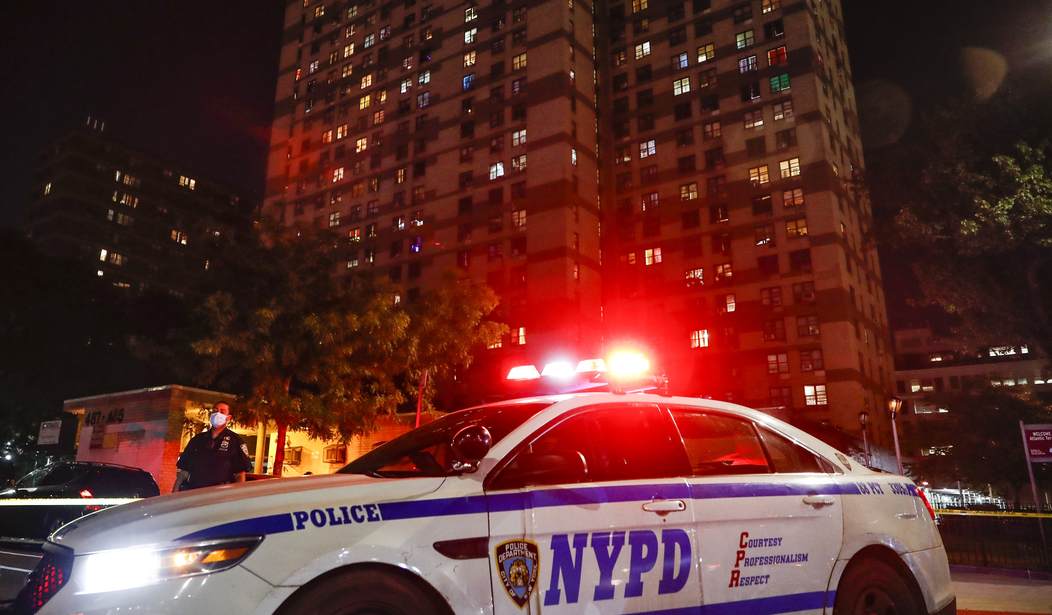By Deceiving a Congressional Leader, Cheney Sent Us to War on False Pretenses and Violated the Separation of Powers - as Well as the Criminal Law
Cheney's Bold Face Lie To Congress
According to Gellman (and to paraphrase from the Post story on his finding), in the run-up to the war in Iraq, the White House was worried about the stance of Republican Majority Leader Richard Armey of Texas, who had deep concerns about going to war with Saddam Hussein. According to the Post, Armey met with Cheney for a highly classified, one-on-on briefing, in Room H-208, Cheney's luxurious hideaway office on the House side of the Capitol.
During this meeting, the Post reports, Cheney turned Armey around on the war issue. Cheney did so by telling the House Majority Leader that he was giving him information that the Administration could not tell the public -- namely (according to Armey), that Iraq had the "'ability to miniaturize weapons of mass destruction, particularly nuclear,' which had been 'substantially refined since the first Gulf War,' and would soon result in 'packages that could be moved even by ground personnel.' In addition, Cheney linked that threat to Saddam's alleged personal ties to al Qaeda, explaining that 'we now know they have the ability to develop these weapons in a very portable fashion, and they have a delivery system in their relationship with organizations such as al Qaeda.'"
The Post story continues, "Armey has asked: "Did Dick Cheney ... purposely tell me things he knew to be untrue?" His answer: "I seriously feel that may be the case...Had I known or believed then what I believe now, I would have publicly opposed [the war] resolution right to the bitter end, and I believe I might have stopped it from happening."
In short, it was this lie that sealed the nation's fate, and sent us to war in Iraq. By lying to such an influential figure in Congress, Cheney not only may have changed the course of history, but also corrupted the separation of powers with their inherent checks and balances.
Cheney's monumental dishonesty, the news of which has been buried under the current meltdown of the nation's economy, did not strike me as a topic for a Constitution Day speech. But a realistic discussion of the working of the separations of powers did seem a fitting topic, for college students need to understand the basics of our system. After we remind ourselves of those basics, Cheney's great lie can be viewed not only as a great immorality and violation of the criminal code, but also and more fundamentally as the significant breach of his oath of office to protect and defend the Constitution that it is.





 Four people were arraigned on Saturday in New Jersey for allegedly posing as immigration attorneys and...
Four people were arraigned on Saturday in New Jersey for allegedly posing as immigration attorneys and... President Donald Trump kicked reporters out of a breakfast meeting Feb. 20 with governors so the...
President Donald Trump kicked reporters out of a breakfast meeting Feb. 20 with governors so the...






























